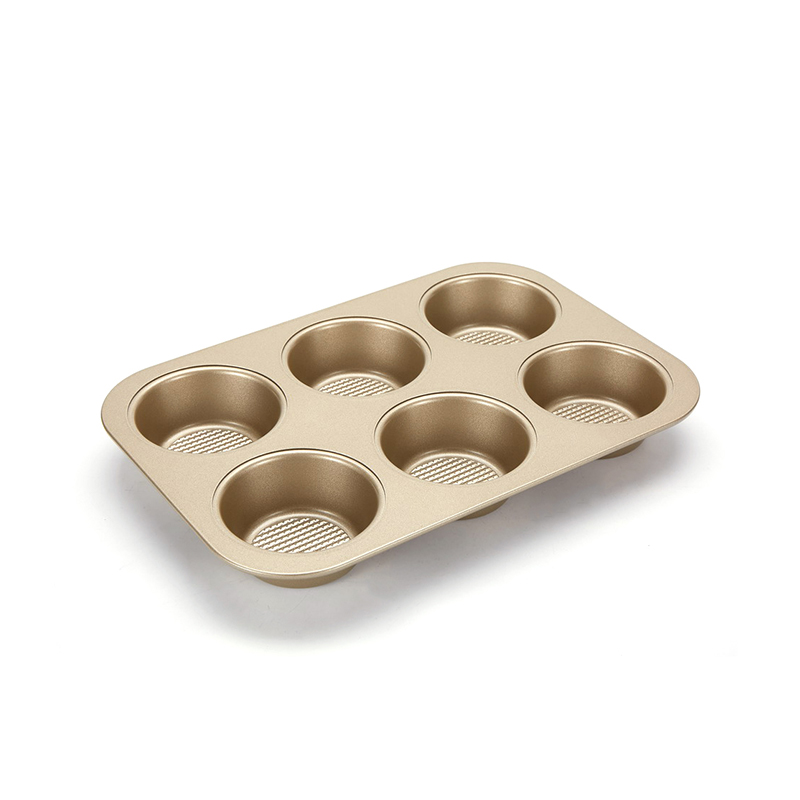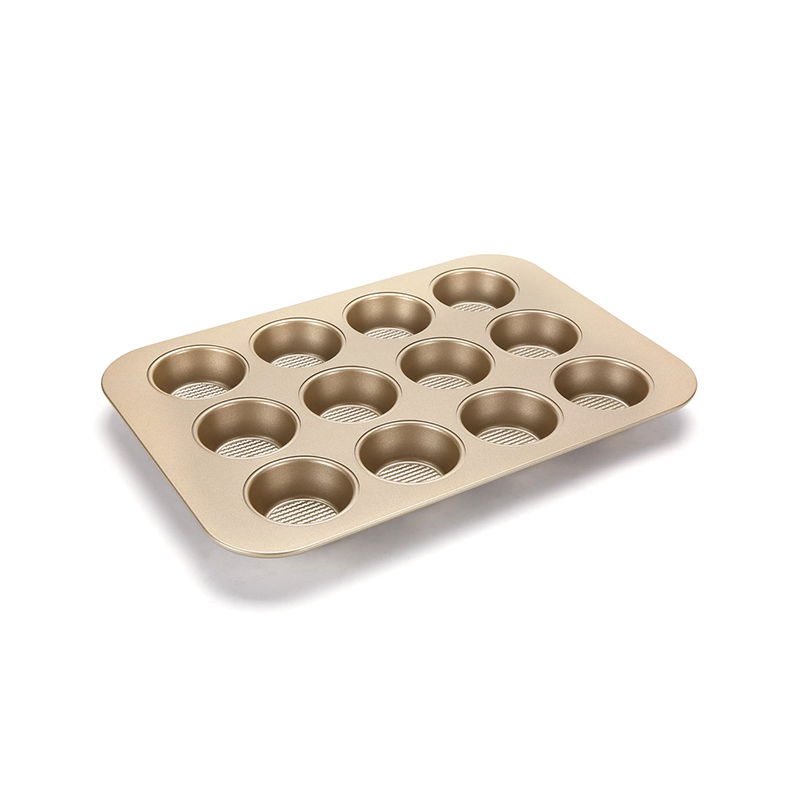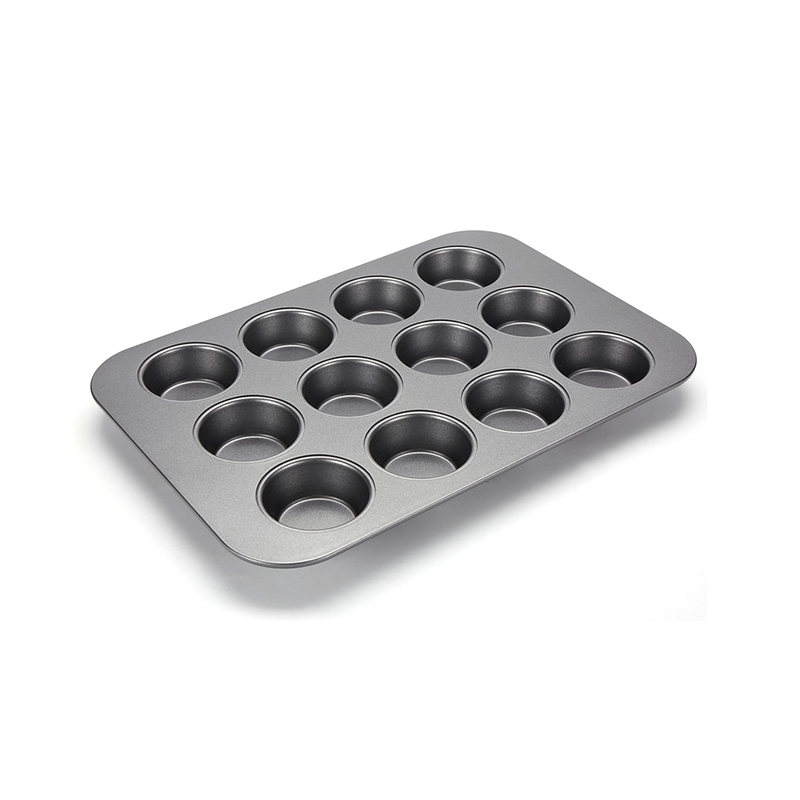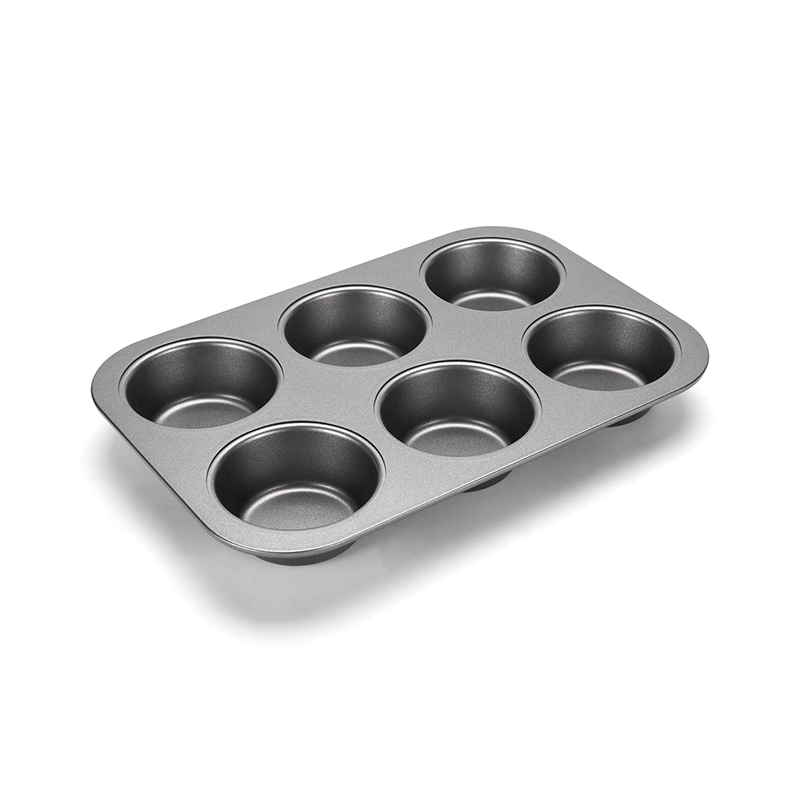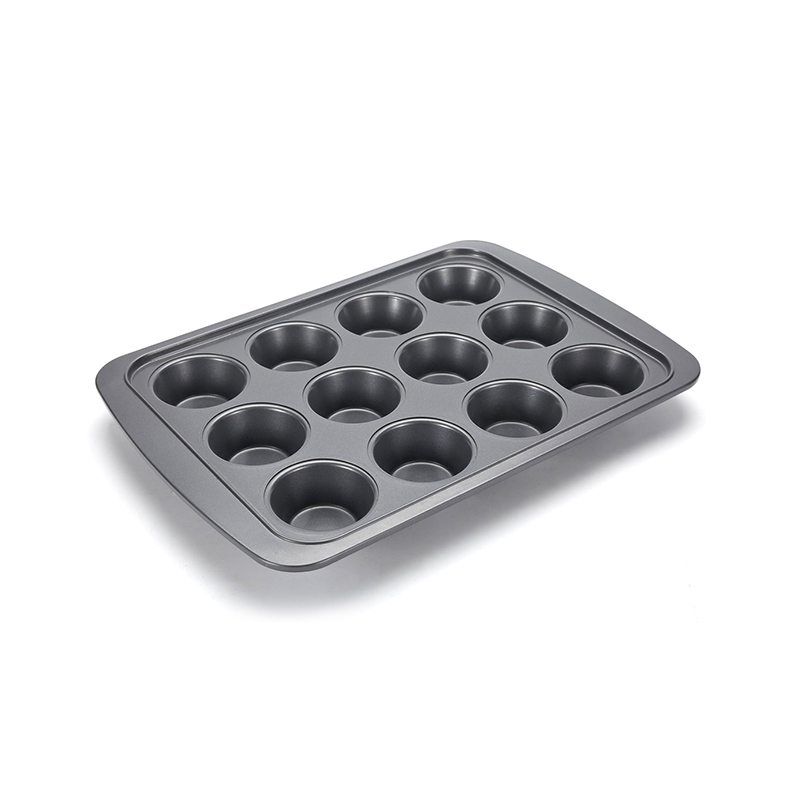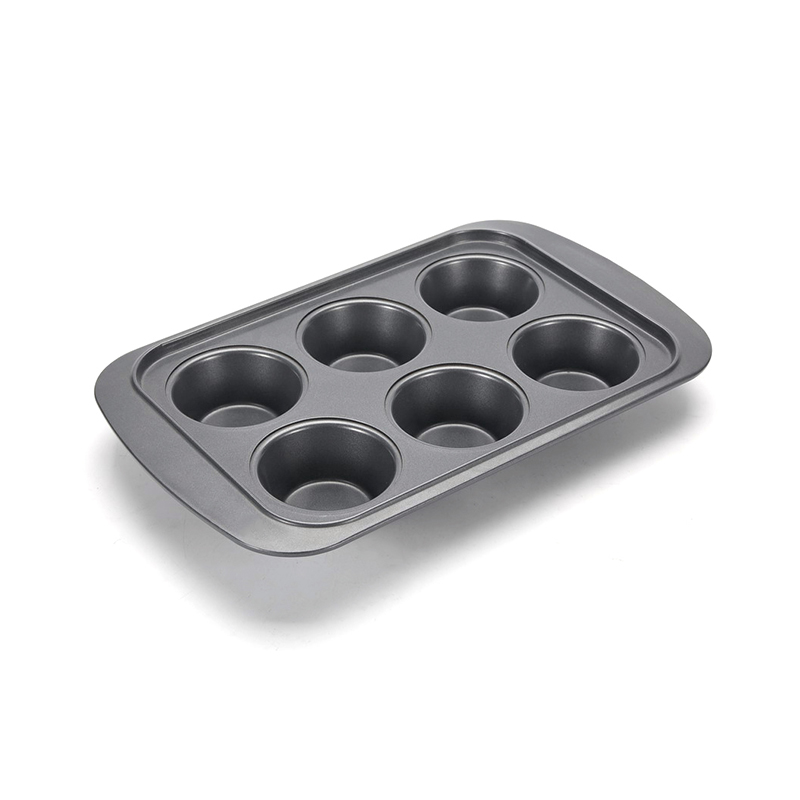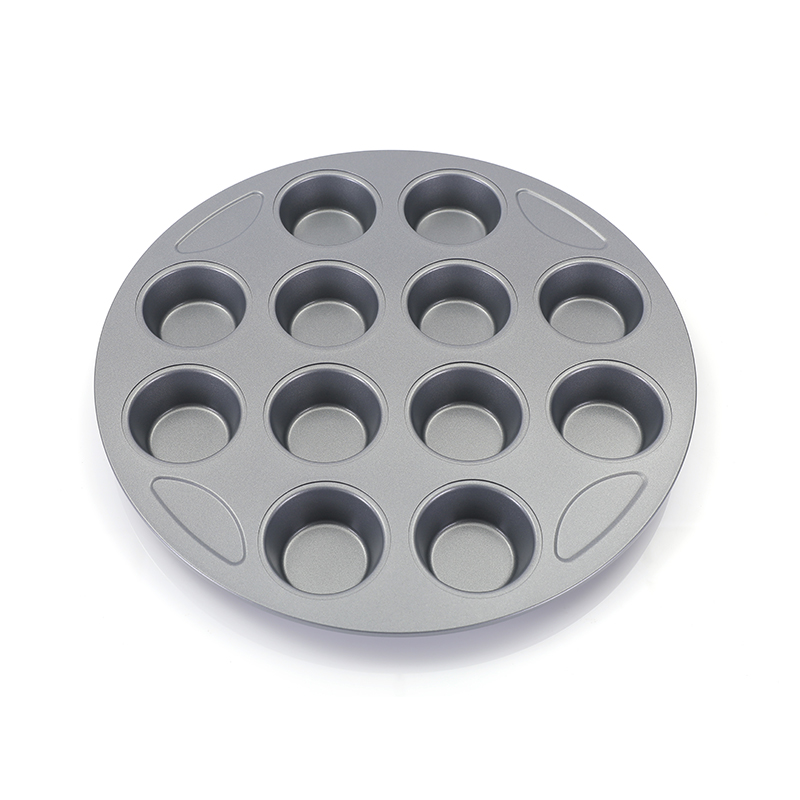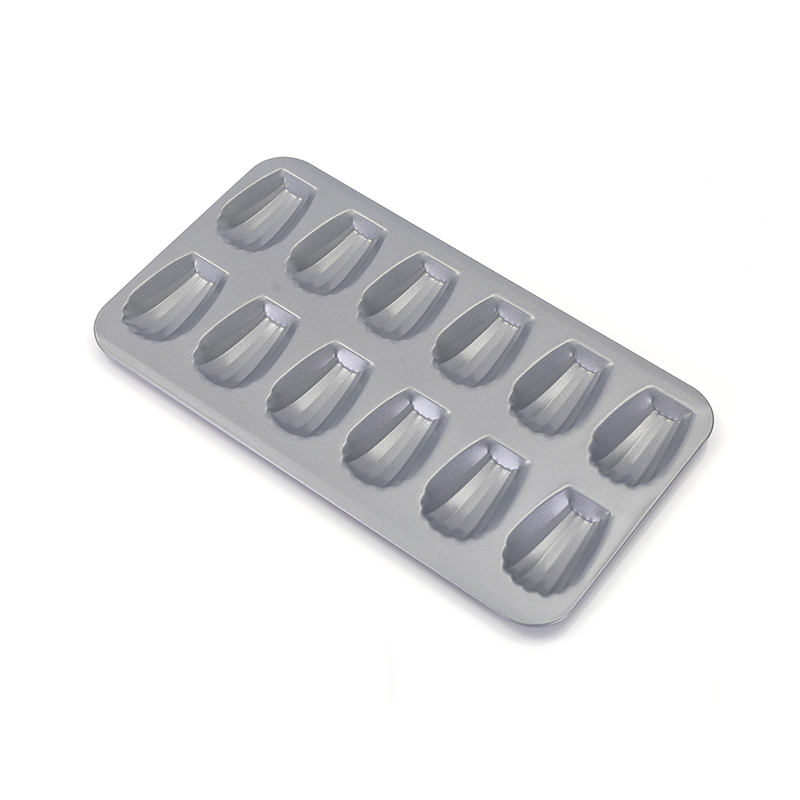When it comes to baking, the right tools can make all the difference. One of the most important tools in any baker's arsenal is the baking pan. A high-quality baking pan can mean the difference between a perfectly baked cake and a disappointing disaster. In this article, we will discuss the importance of choosing the right baking pan and how it can impact your baking results.
First and foremost, the material of the baking pan is crucial. Different materials have different properties that can affect the heat distribution and durability of the pan. Aluminum baking pans are lightweight and conduct heat well, making them ideal for baking cakes and pastries. They heat up quickly and evenly, ensuring that your baked goods cook uniformly. However, aluminum pans can warp over time if not handled properly, so it is important to take good care of them.
Stainless steel baking pans are another popular choice. They are more durable than aluminum pans and can withstand high temperatures without warping. This makes them perfect for roasting and baking casseroles. Stainless steel pans also have a non-reactive surface, which means they won't impart any flavors to your baked goods. However, stainless steel does not conduct heat as well as aluminum, so it may take longer for your baked goods to cook. To compensate for this, you may need to adjust your baking time and temperature.
Cast iron baking pans are the most durable of all. They are heavy and can retain heat for a long time, making them ideal for cooking dishes that require a lot of heat retention. Cast iron pans are great for baking cornbread, roasted meats, and other dishes that need a crispy crust. However, they are also the heaviest and can be difficult to handle. Additionally, cast iron pans require special care to prevent rusting and maintain their seasoning.
The size and shape of the baking pan are also important considerations. Make sure to choose a pan that is the right size for your recipe. A pan that is too small can cause your batter or ingredients to overflow, while a pan that is too large can result in uneven cooking. Additionally, consider the shape of the pan. Round pans are great for cakes, while rectangular pans are better for casseroles and sheet cakes. Specialty pans, such as bundt pans and muffin tins, can also add a unique touch to your baked goods.
Another important factor to consider is the coating of the baking pan. Many baking pans come with a non-stick coating, which makes it easy to remove your baked goods without them sticking to the pan. However, non-stick coatings can wear off over time, especially if you use metal utensils or harsh cleaning methods. To extend the life of your non-stick coating, use silicone or wooden utensils and avoid using abrasive cleaners. If you prefer not to use non-stick coatings, you can also choose a baking pan with a natural non-stick surface, such as a well-greased or parchment-lined pan.
In addition to the material, size, and coating, the design of the baking pan can also impact your baking results. Some baking pans have a non-stick surface on the inside and a textured surface on the outside, which helps to promote even heat distribution. Others have a fluted or decorative design, which can add a unique touch to your baked goods. When choosing a baking pan, consider the design and how it will affect your baking.
Choosing the right baking pan is essential for successful baking. The material, size, shape, coating, and design of the pan can all impact your baking results. By taking the time to choose the right baking pan for your recipe, you can ensure that your baked goods turn out perfectly every time. Whether you are baking a cake, roasting vegetables, or making a casserole, the right baking pan can make all the difference.




 English
English  Deutsch
Deutsch  Español
Español 